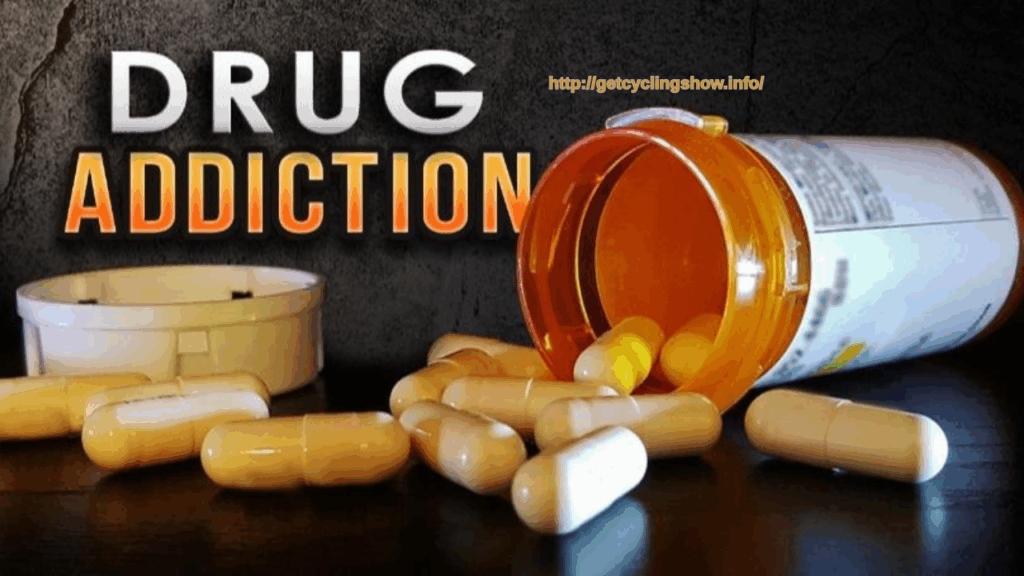
Addiction recovery is a journey that goes beyond abstaining from substances. True healing involves restoring emotional balance, strengthening mental resilience, and rebuilding a sense of purpose. Creative expression has emerged as a powerful tool in this process. Through art, music, writing, and other forms of self-expression, individuals in recovery can process complex emotions, reduce stress, and explore new ways of coping. At Get Cycling Show, creative therapies are integrated into individualized, holistic treatment plans to support long-term wellness.
Understanding the Role of Creative Expression in Recovery
Substance use often masks underlying trauma, anxiety, or depression. Traditional talk therapy is essential, but creative expression provides a non-verbal outlet to explore feelings safely. It allows individuals to communicate experiences that might be difficult to articulate and fosters a sense of achievement and self-discovery.
Creative activities encourage self-reflection and help individuals recognize patterns, triggers, and emotional responses. By engaging in these practices, clients develop healthier coping strategies, which are crucial for preventing relapse.
Forms of Creative Expression in Treatment
Art Therapy
Art therapy involves activities such as drawing, painting, sculpture, or collage. It provides a structured yet flexible way to express emotions.
Benefits of Art Therapy:
- Facilitates emotional release and stress reduction
- Enhances self-awareness and personal insight
- Improves confidence and self-esteem
- Encourages problem-solving and decision-making skills
Through art, individuals can externalize their feelings, making it easier to process and understand their experiences.
Music Therapy
Music therapy uses listening, playing instruments, or composing to promote emotional and mental well-being.
Benefits of Music Therapy:
- Reduces anxiety and depression
- Provides a sense of connection and community
- Supports emotional regulation
- Enhances motivation and engagement in treatment
Music can evoke emotions, memories, and reflections that encourage deeper understanding and personal growth during recovery.
Writing and Journaling
Writing, including journaling, poetry, or storytelling, allows individuals to process thoughts and emotions on paper.
Benefits of Writing in Recovery:
- Helps clarify thoughts and emotions
- Provides a safe outlet for expressing trauma or frustration
- Tracks progress and growth over time
- Encourages mindfulness and reflection
By documenting their journey, clients can gain perspective, recognize achievements, and reinforce their commitment to recovery.
Integrating Creative Expression with Holistic Care
At Get Cycling Show, creative therapies are incorporated into a broader holistic approach. Clients benefit from mental health counseling, inpatient or outpatient medical care, mindfulness practices, and faith-based support. This integration ensures that creative expression is not just an activity, but a meaningful component of a comprehensive recovery plan. It helps individuals reconnect with themselves, build confidence, and cultivate resilience that extends beyond treatment.
Conclusion
Creative expression is a transformative tool in addiction recovery. By engaging in art, music, writing, and other creative practices, individuals can process emotions, manage stress, and develop healthier coping strategies. These therapies support the mind, body, and spirit, complementing medical care and counseling to promote lasting sobriety and wellness.
If you or a loved one is navigating the challenges of addiction, holistic and compassionate help is available. Reach out to Get Cycling Show today to explore how creative expression and personalized care can support your journey to recovery and lasting well-being.